CRIMINAL DIVISION
Q: What is the Criminal Division?
A: It is a division of the High Court that deals with murder cases, criminal appeals, revisions, and applications. The processes in the division are governed by the Criminal Procedure Code (Cap. 75) and related statutes.
Q: What types of cases are handled in this division?
A: They include:
- Murder cases.
- Criminal applications.
- Revisions of decisions from Magistrates Courts.
- Appeals from decisions of Magistrates Courts and Court Martial trials.
Q: Are criminal offenses bailable?
A: Article 49(1)(h) of the Constitution of Kenya gives an arrested person the right “to be released on bond or bail, on reasonable conditions, pending a charge or trial, unless there are compelling reasons not to be released.” Further, Article 49(2) of the Constitution provides that “A person shall not be remanded in custody for an offense if the offense is punishable by a fine only or by imprisonment for not more than six months.
Q: What is cash bail?
A: It is a deposit paid upon orders by the Court to secure the release of an accused person pending the determination of a criminal case.
Q: Who pays cash bail?
A: It may either be paid by the accused person or their agent.
Q: Is cash bail refundable?
A: It is refundable to the depositor upon conclusion of the case or on orders of the Court. It may also be utilized as a fine upon conviction and sentence, or forfeited to the state where the accused does not comply with the terms of release (e.g., by absconding), in which case it becomes government revenue and is not refunded.
Q: What is bail and bond?
A: Bail is an agreement between an accused person or their sureties and the court that the accused person will attend court when required, and that should the accused person abscond, in addition to the court issuing warrants of arrest, a sum of money or property directed by the court to be deposited will be forfeited to the court.
Bond is an undertaking, with or without sureties or security, entered into by an accused person in custody under which they bind themselves to comply with the conditions of the undertaking and, if in default of such compliance, to pay the amount of bail or other sum fixed in the bond.
Q: What are the principles guiding bail and bond decisions?
A:
- The right of accused person to be presumed innocent.
- Accused person’s right to liberty.
- Accused’s obligation to attend trial.
- Right to reasonable bail and bond terms.
- Bail determination must balance the rights of the accused persons and the interest of justice.
- Consideration for the rights of victims.
Q: What is plea taking?
A: It is a formal response to charges brought against an accused person in court.
Q: How are murder cases registered?
A: These cases are registered by the Office of the Director of Public Prosecutions (ODPP) through the Uadilifu Case Management System, linked to the Judiciary Case Tracking System.
Q: What are the requirements for filing murder cases?
A:
- Information from the ODPP summarizing the case details.
- List of witnesses and witness statements.
- List of exhibits.
- Statutory declaration by the Investigating Officer (IO) to confirm statements and investigations.
Q: What applications are filed under the Criminal Division?
A: They include:
- Bail pending trial in the lower court.
- Variation of bail terms in the lower court.
- Bail/Bond pending the hearing and determination of appeal.
- Transfers of criminal cases from one magistrate’s court to another.
- Consolidation of criminal charges and cases.
- Application for leave to appeal out of time.
- Application for stay of proceedings in the lower court.
- Any other application as provided for in the relevant statutes.
Q: What are the requirements for filing criminal applications?
A:
- The application, dated and signed (or thumb printed) by the applicant.
- Supporting affidavit duly signed by the applicant, dated and commissioned by a Commissioner for Oaths/Magistrates.
- Annexures, if any.
- Evidence of fee payment (where applicable) or order of pauperism in case of inability to pay court fees.
Q: What are criminal revisions?
A: These cases are initiated by the court on its own motion or by a party through a letter or an application to review decisions of subordinate courts in criminal cases.
Q: What are the requirements for filing criminal revisions?
A: Application and supporting affidavit.
Q: What are criminal appeals?
A: They are appeals challenging decisions in criminal matters from subordinate courts or court martial trials.
Q: What are the requirements for filing and admission of criminal appeals?
A:
- A petition of appeal duly signed, or thumb printed. A committal warrant must be attached if appellant is in custody.
- A certified copy of the judgment and charge sheet if the appellant is represented.
- Three (3) certified copies of the lower court proceedings
Note: Content sourced from the Judiciary of Kenya’s X account.

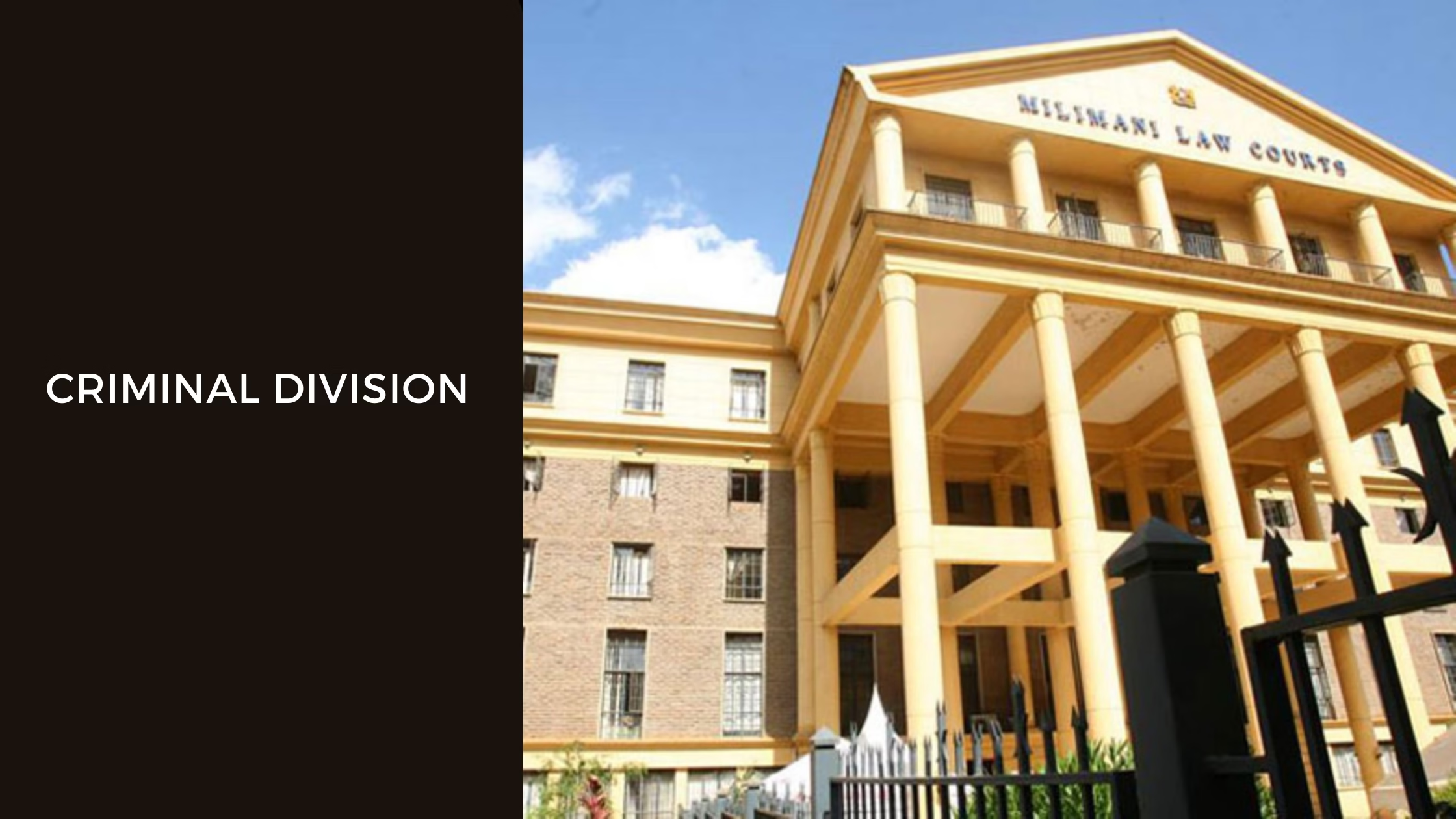
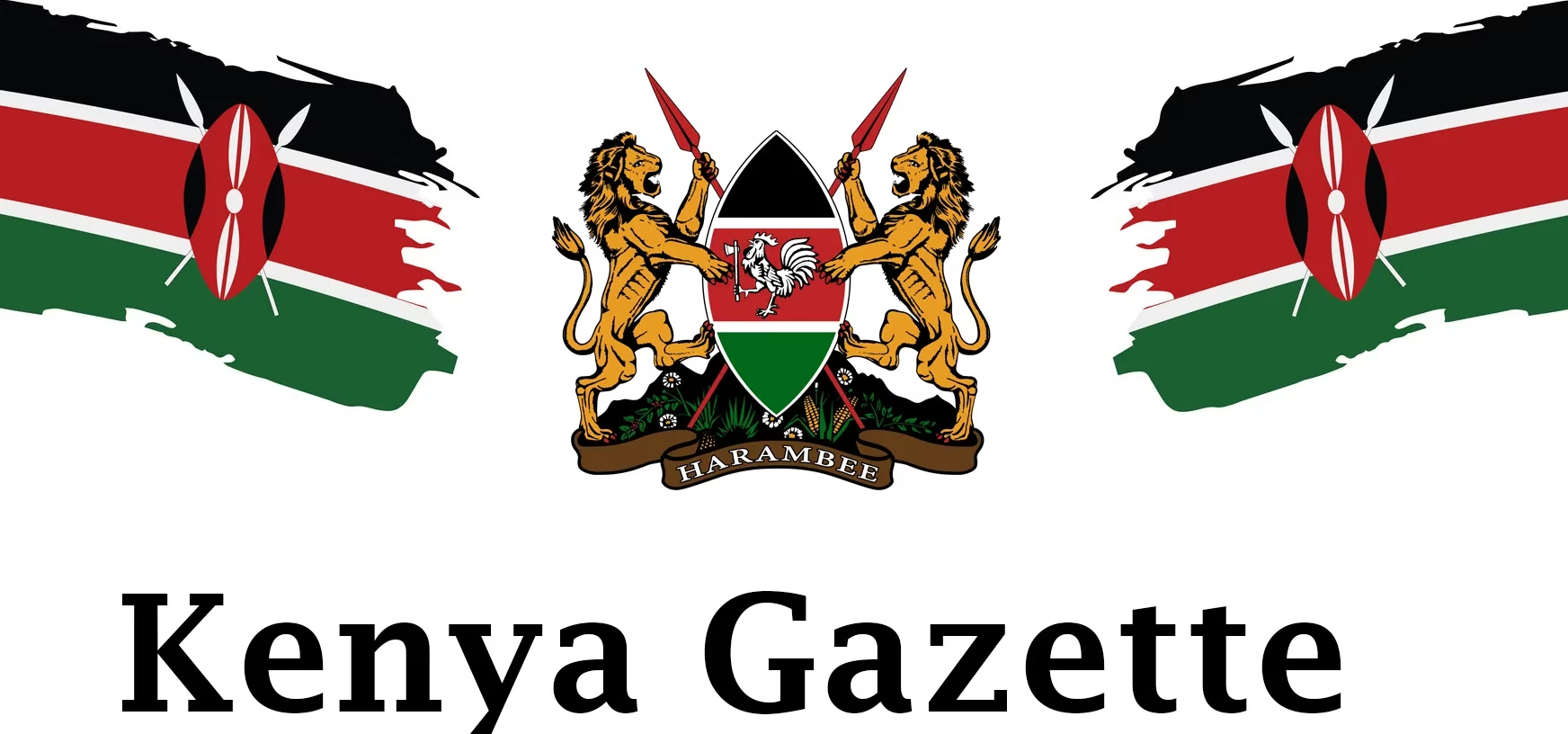







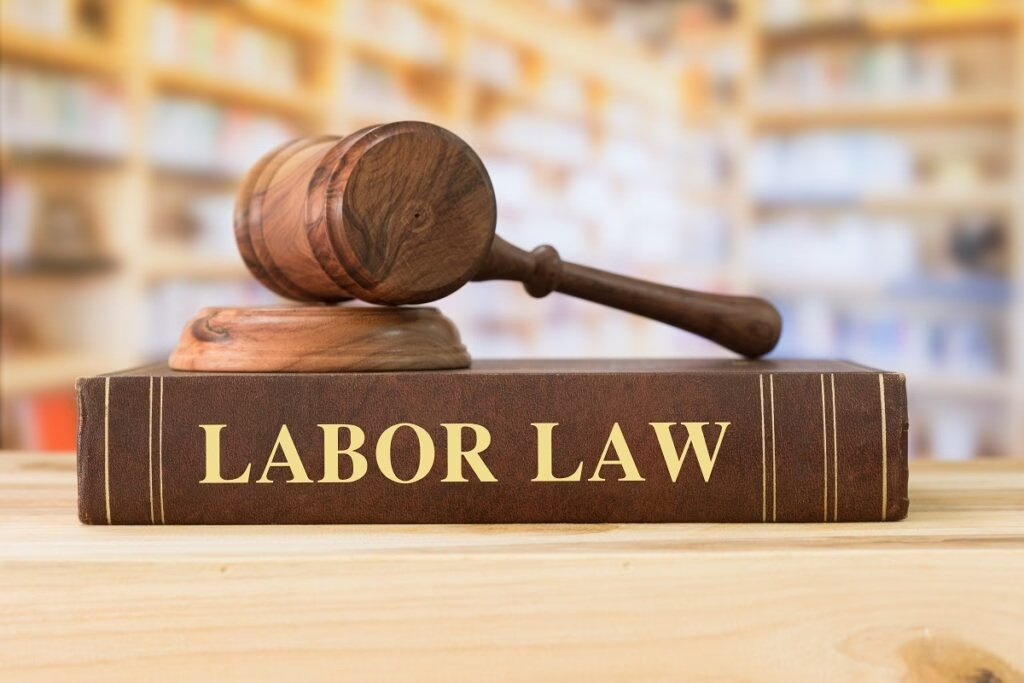


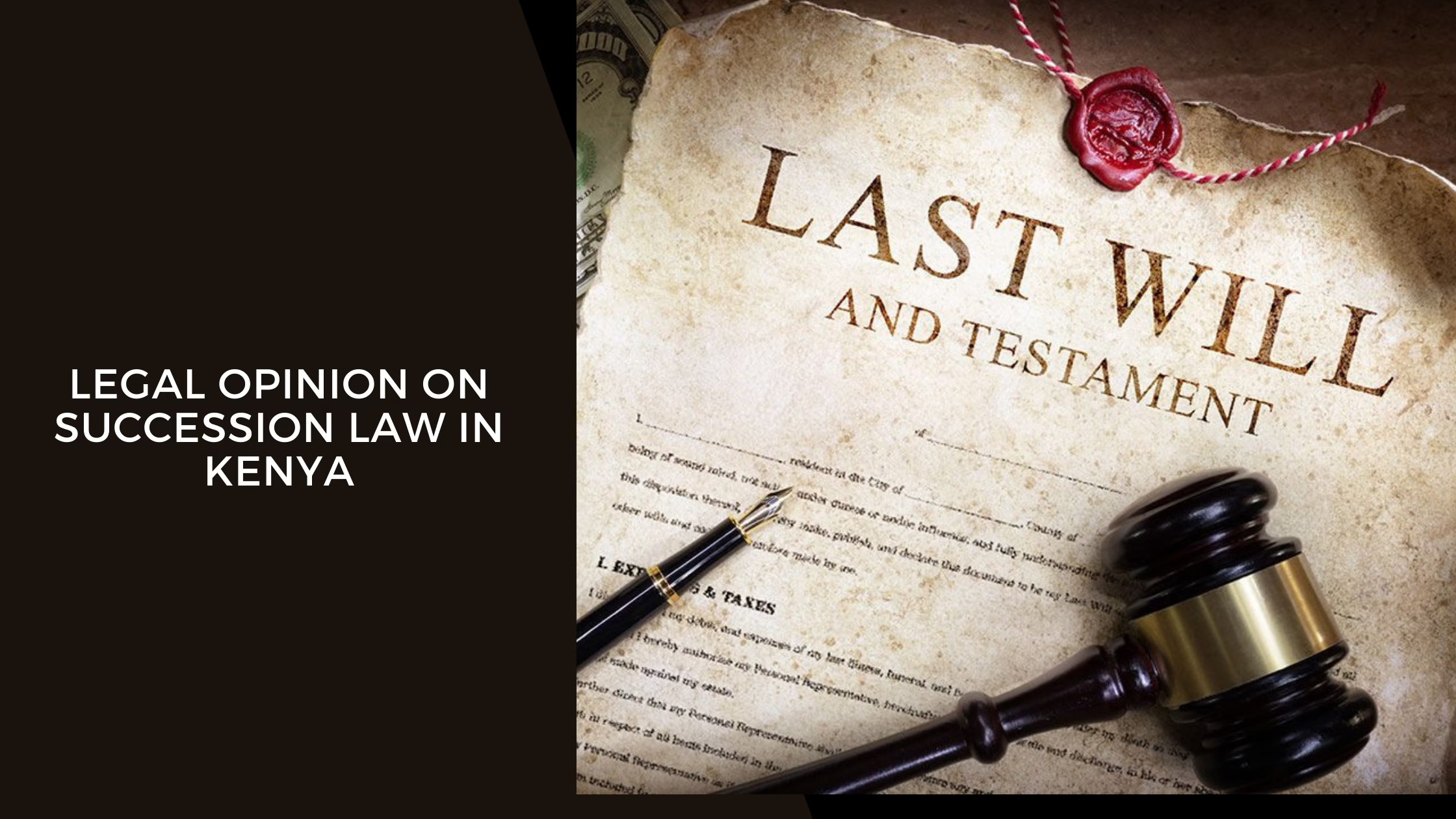


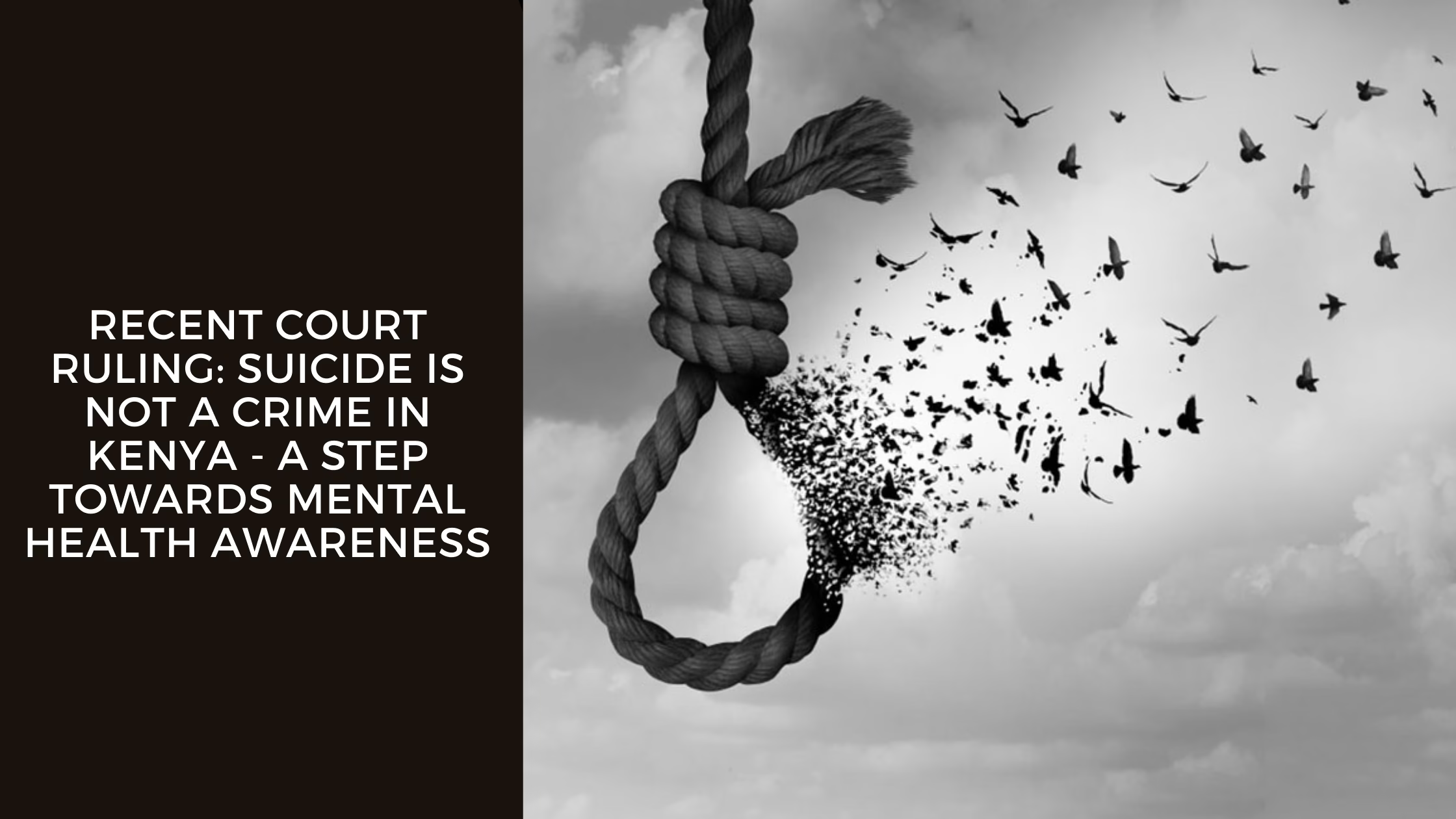
Leave a Reply